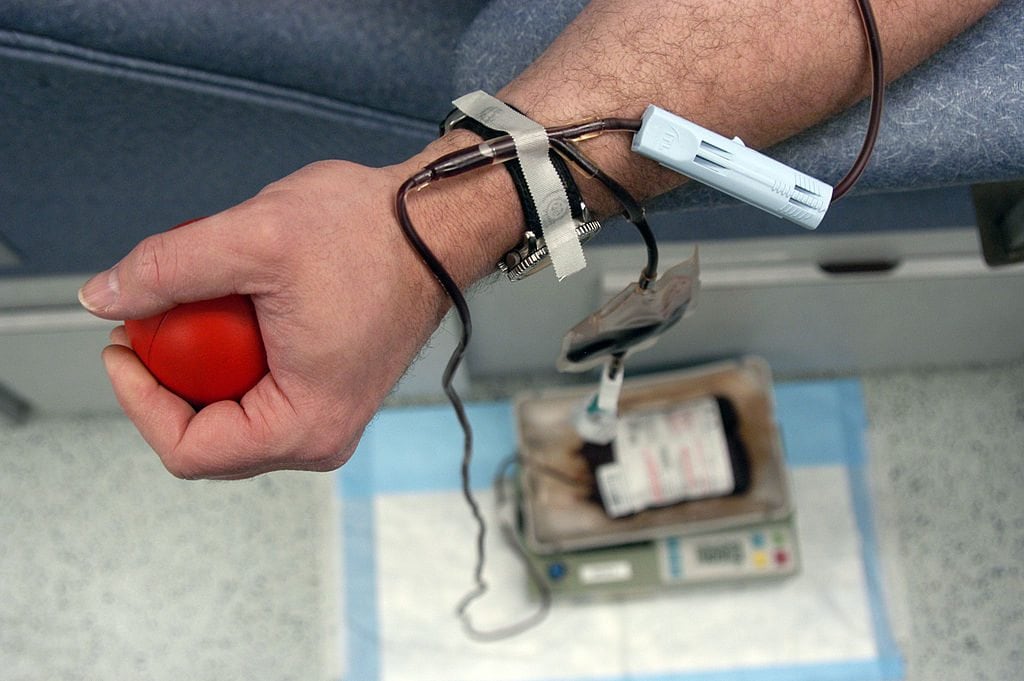How to Perform Tayammum While Wearing Casts or Bandages? [Shafi’i School]
Shafi'i Fiqh
Answered by Ustadh Shuaib Ally
Question: Assalamu ‘alaikum,
1. What to do when one puts a cast on one’s leg in a state of purity and then later falls in a state of major ritual impurity?
2. What to do when one is in a state of major ritual impurity and performs tayammum because of the lack of water?
3. What to do when one puts a cast on one’s right foot, while in a state of ritual purity, and then wants to perform wudu and tayammum for prayer?
4. What to do when one puts a cast on the left forearm and wants to perform wudu and tayammum?
Answer: Assalaamu ‘alaykum wa rahmatullah,
When Does One Repeat Prayers?
If one put a cast or bandage on in a state of wudu, and then broke his wudu, he would make wudu as normal, and wipe over the cast with water, and perform tayammum in place of that limb when he reaches it. He does not later make up the prayer he then performs. If he put either on in a state of impurity, he must remove it if possible. If it is not possible, he must repeat the prayer.
Importantly, the above applies if the cast or bandage is somewhere other than the area of tayammum. If either is on an area of tayammum (face or hands), he must repeat the prayer regardless of whether or not he was in a state of impurity when he put it on.
Specific Examples of Performing Tayammum with Casts
A) One puts a cast on one’s leg in a state of purity, then later falls in a state of major ritual impurity. He would perform ghusl, tayammum, and wipe over the cast with water as much as possible, all in whatever order he wishes. It is better for him to do the tayammum first, such that the water removes any remains of the dust. He would not repeat the prayer later because he put the cast on in a state of purity, on a limb that he wouldn’t perform tayammum on.
B) One is in a state of major ritual impurity, and performs tayammum because of the lack of water. He would need to perform ghusl when water becomes available, as the tayammum becomes invalid. If he had performed an obligatory prayer after making tayammum and before water became available, he must repeat the prayer. This is if he had performed tayammum in an area where water is usually available. If he had performed tayammum in a place where the availability of water isn’t expected, he wouldn’t repeat his prayer.
C) One puts a cast on one’s right foot, while in a state of ritual purity, and then wants to perform wudu and tayammum for prayer. He would perform wudu as normally conducted, and when he reaches his right foot, he would, in whatever order he wishes: wash of it what he can and wipe over the cast with water, and perform tayammum in the place of that foot. He would then wash the left foot. This is take into account the normal order of wudu, which must be followed.
D) One puts a cast on the left forearm, and wants to perform wudu and tayammum. He would follow the normal order of wudu. When he reaches the left forearm, he would, in whatever order he wishes, wash what he can of the limb, wipe the cast with water, and perform tayammum in place of washing the rest of the limb. He would then continue with the rest of his wudu. He must repeat the prayer later because the cast is on a limb of tayammum.
Source: Kanz al-Raghibin
Shuaib Ally
